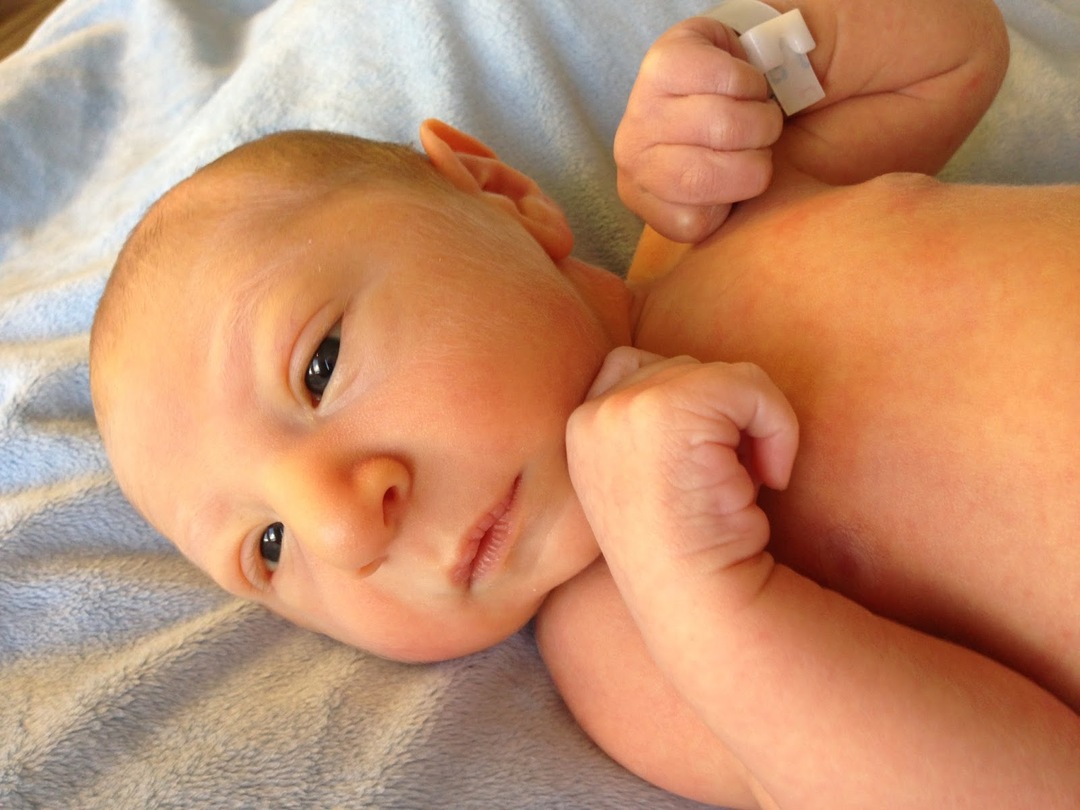Constipation in a newborn while breastfeeding, what to do
Every mother is faced with such a problem as constipation in a newborn when breastfeeding, this is a frequent occurrence in the first year of a baby's life. The stagnation of bowel movements in the rectum causes unpleasant and sometimes painful sensations in children, the child cries, pushes, tries, and the bowel movement (stool) stands still. Accordingly, many parents are lost in this situation and do not know that do when babies are constipated.
We will try to tell you in detail about the causes of this problem, and how to treat and eliminate it at home.
Attention! If your baby is chronically constipated or if you see blood in diapers, see your doctor as soon as possible, as this could be a sign of a more serious problem.
Content
- What is generally considered constipation in an infant?
- Causes of constipation in infants
- How to treat constipation in a newborn
- Medicines for quick relief of constipation in infants
What is generally considered constipation in an infant?

In order to understand whether a baby has constipation or a characteristic feature, you need to pay attention to the following phenomena:
- The number of repetitions of bowel movements is important to pay attention to in the very first place. If the baby has stool retention for 1-2 days, it is constipation.
- Stool Thickness - See the image above for 7 types of stools. 1 and 2 types are constipation, the other 4 types (3 to 6) are quite adequate options for baby poop.
Important! If the child behaves restlessly during rectal emptying, this is not always stool congestion in the baby.
To summarize, constipation can be considered a combination of factors such as:
- the consistency of feces in a child of type 1 and 2, as in the picture above;
- delay in bowel movements for 1-2 days, while the baby may cry and groan.
If the baby goes to the toilet every day, but once, while the degree of stool density is adequate, but the baby is worried, you should not run and put an enema.
Read also:Edwards syndrome - causes, symptoms, diagnosis and treatment
In the first year of a child's life, the functions of the digestive and excretory organs are just beginning to develop, later acquiring maturity. Therefore, so often newborn babies, when emptying, push hard, look a little anxious and sometimes they cry, at this age it is difficult for them to control their digestive organ, since it is only formed. If the child eats well, he has a healthy appetite, he empties the intestines, albeit not so often, but the degree of stool density (see. picture above) is normal, and behaves restlessly only during bowel movements, mothers should not fuss so much.
Causes of constipation in infants

Here are some of the main reasons that can cause constipation in a newborn baby:
- Lack of water - in the practice of pediatricians, there are often cases when constipation in a newborn during breastfeeding or when feeding with a formula, it does not matter, occurs precisely because of a lack of fluids. Dr. Komarovsky, a well-known children's doctor, has repeatedly recommended giving the baby water, even if he is breastfed. It is also recommended that mothers themselves consume 2 liters of water per day.
- Nutrition Moms - an improper diet for nursing mothers can provoke intestinal congestion in babies. Semi-finished products, cutlets, dumplings and a product made from the main component of flour are extremely contraindicated. It is recommended that you closely monitor your diet.
- Taking various medications: antibiotics, antidepressants and muscle relaxants.
- Lack of milk in mothers can also cause stagnation of bowel movements in the baby's rectum.
To understand why your baby is tormented by constipation, you need to contact a qualified specialist, that is, a pediatrician. Since constipation can also be symptoms of such serious diseases as:
- Hirschsprung's disease (a congenital disease that leads to a violation of the innervation of a fragment of the intestine);
- colon diverticulosis;
- lactase deficiency;
- fibrous generalized osteodystrophy;
- lengthening of the sigmoid colon (dolichosigma).
As you can see, there are many diseases, and that's not all, so do not postpone the trip to the pediatrician!
Read also:Children's stomatitis: how it can be cured at home
How to treat constipation in a newborn

What you can do at home to help your baby cope. There are several proven ways:
- Water - if you want to cope with constipation in a child, give him some water, liquid is the most important thing that can help the baby.
- Stimulation with a thermometer is a rather unpleasant procedure, both your baby and you will have to suffer.
- Dufalak or prune for newborns - an effective remedy dufalak will artificially cause the child to need to go to the toilet, if you want to induce a natural need to defecate, prunes will help you, you need to eat it for a nursing mother before feeding.
- Compote - you can add both fresh and dried apples, pears to the compote, you can add dried apricots, raisins and prunes. Raisins are also an excellent laxative. For cooking, put 1 liter of water to boil, add 300 grams of fruit (apple, pear, raisins, dried apricots) there, then prunes, if the baby is 3 months old, put half of the prunes, if the crumb is more than 4 months old, you can put a whole prunes. This compote can be given every day, of course, if the child tolerates dried apricots and raisins well, as they can cause an allergic reaction. We give compotik 2-3 tablespoons a day.
- Prune puree is another great way to help your toddler with constipation. Puree can be purchased at any grocery store in the baby food section.
- Massage - massage the baby's tummy, 10-15 minutes clockwise, followed by a flip on the tummy.
To cope with constipation, encourage the child to move more when the baby on his back can be rotated by his legs to imitate riding a bicycle or make him crawl more. If the baby is under 6 months old, and he is breastfed, then changing the diet often helps to cope with the problem of constipation. It is necessary to consume less dairy products, eat more vegetables and fruits.
Medicines for quick relief of constipation in infants
If none of the above traditional methods helped you (massage, compote, etc.), you need to resort to emergency measures: an enema, glycerin suppositories or microlax.
Important! In all three methods, the child should lie on the back or on the left side.
- Enema - for some parents, an enema causes a little fear, since it must be set correctly, but this method is effective. The first is to correctly calculate the amount of fluids that will be administered to the child. This is approximately 10 milliliters per kilogram, this is the minimum amount of water that should be given to the child (if the child weighs 3 kg. you need to enter 30 ml. water). It is important that air does not enter the baby's intestines, the water should also not be bitter or cold, it should be at room temperature, otherwise you will not achieve the desired effect.
- Glycerin candles and microlax - If you are afraid to do an enema, you can use either a micro enema microlax or glycerin baby candles. Both methods work well for newborn babies, and the result can be seen instantly.
Read also:Amniotic fluid embolism
Features of the use of glycerin suppositories and microlax - many parents use this drug from birth, but you need to know what is in the composition this drug contains sodium citrate - this is a salt of citric acid, which can itself cause slight irritation, a burning sensation in some kids. The child will cry, but it will pump, the irritation will pass. If the baby reacts in this way to this drug, it is better to use children's glycerin suppositories, such as: Glycelax.
- Baby Calm is another great drug, not only for constipation, but also for colic. The composition of this drug includes: dill, mint oil, anise oil. Be sure to read the instructions.
Important! Consult your pediatrician before using melon methods.



